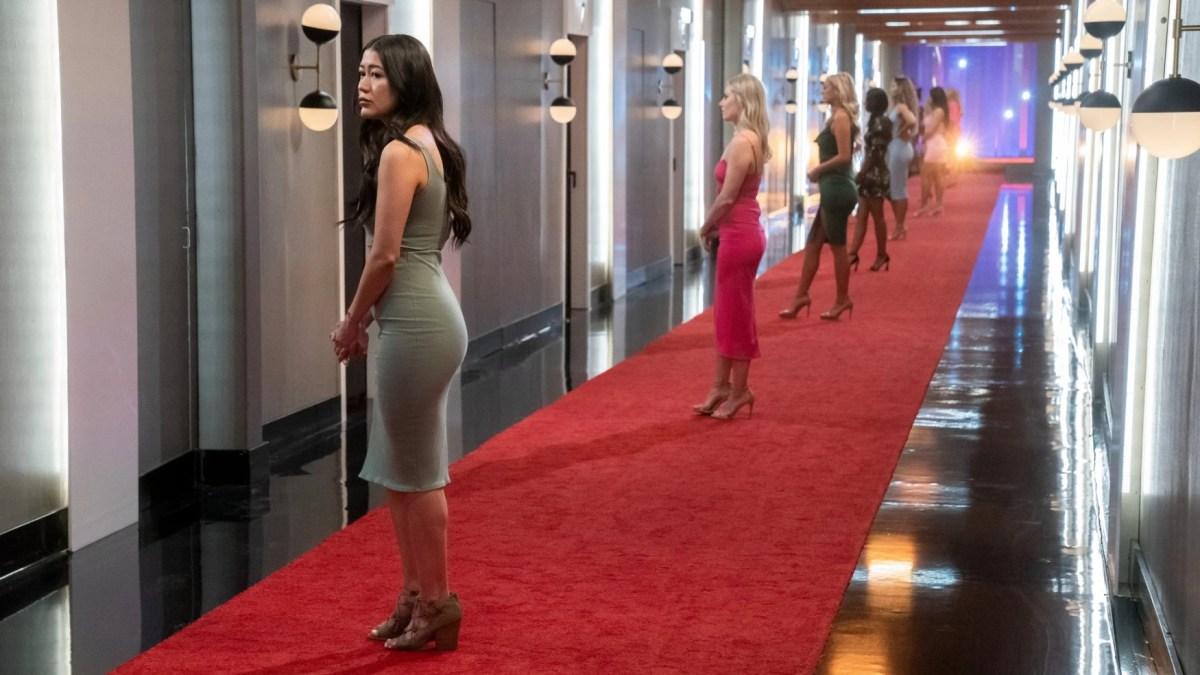“Love Is Blind”
Reality TV has a knack for taking deeply personal aspects of life and turning them into spectacle. Few topics, however, are as polarizing as marriage—a complex institution that is simultaneously revered and questioned. Netflix’s Love Is Blind, now in its fourth season, brings this tension to the forefront, forcing us to confront our cultural confusion about the significance of marriage.
The Modern Dilemma of Marriage
Marriage today holds a paradoxical place in society. On one hand, traditional motivations for tying the knot—religious obligations, social stigma, or the necessity of legitimizing children—have significantly faded. Divorce, while often painful, no longer carries the societal shame it once did, and having children out of wedlock is largely normalized.
Yet despite its diminished societal pressure, marriage still evokes strong emotions and debates. For younger generations, the decision to marry has become fraught with questions about its relevance and value. Is it a patriarchal relic? Or does it remain the ultimate act of love and commitment?
Marriage as Reality TV Gold
These societal contradictions have found fertile ground in reality TV. Shows like Married at First Sight and The Ultimatum: Marry or Move On amplify the drama surrounding marriage by turning it into a high-stakes game. On Married at First Sight, couples meet for the first time at the altar, their compatibility determined by relationship “experts.” Meanwhile, The Ultimatum forces couples to decide between marriage or starting anew with someone else.
Love Is Blind, however, takes this premise to another level. Contestants date each other in isolation, separated by walls, and can only meet face-to-face after getting engaged. The show’s tagline—“Is love truly blind?”—sets up a lofty experiment: can emotional connection trump physical attraction?
Once engaged, couples navigate the “real world” for a few weeks before deciding at the altar, in front of family and friends, whether to say “I do.” The stakes are high, yet the process is so rushed and performative that it begs the question: can marriage formed under these circumstances ever be taken seriously?
A Reflection of Cultural Contradictions
Despite its hyperbolic and Americanized presentation, Love Is Blind touches on something deeply relatable. Marriage is presented as both a life-altering commitment and an easily reversible decision. Contestants navigate the process under the pretense that it is “the most important decision of your life,” as host Nick Lachey solemnly declares. Yet the show’s format trivializes that very importance, framing marriage as just another stage in the game.
This duality mirrors broader societal confusion. Marriage, with its roots in rigid gender roles and the nuclear family ideal, feels increasingly out of step with modern values of individual freedom and equality. Yet, its flaws and risks also make it more alluring—choosing to marry in today’s world feels rebellious, even romantic, precisely because it’s so uncertain.
Does Marriage Mean Everything or Nothing?
Ultimately, Love Is Blind thrives on this contradiction. By heightening the likelihood of failure, the show underscores the stakes of marriage while simultaneously making it a game contestants can walk away from. It raises a question that resonates beyond its staged drama: does marriage still hold deep significance, or is it just another social construct we play with and discard?
While Love Is Blind may not answer this question, it keeps the debate alive, ensuring marriage remains as divisive and fascinating as ever.
